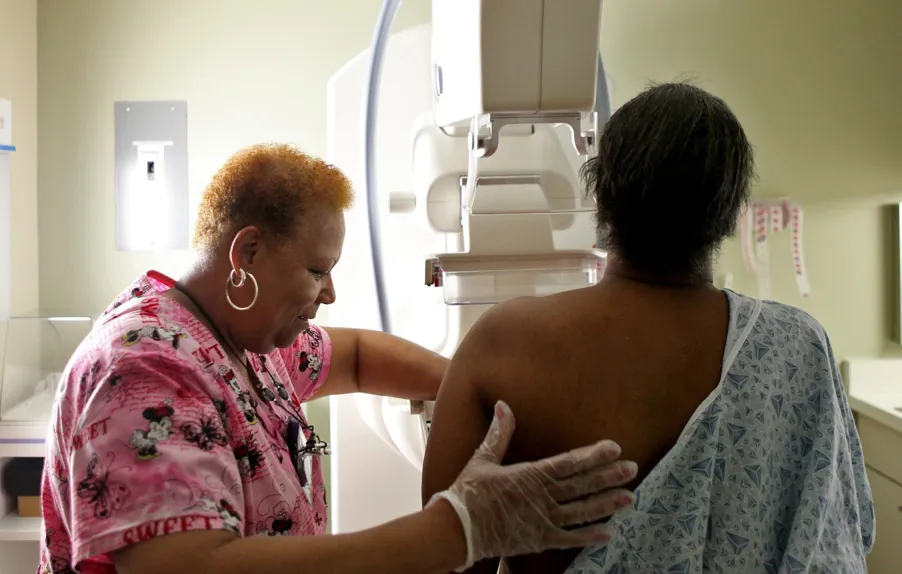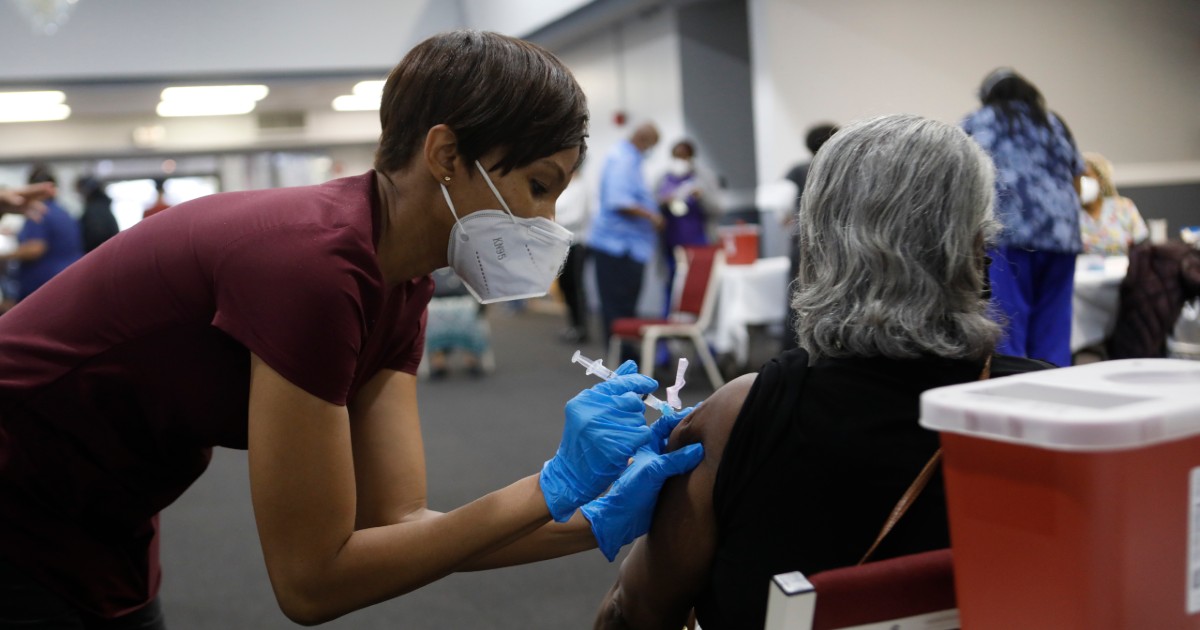Florida women are experiencing preventable deaths from conditions like breast and cervical cancer, pregnancy complications, and mental health issues. This conclusion comes from a national scorecard by The Commonwealth Fund, which assessed women’s health and reproductive care across the United States, highlighting the impact of state policies and judicial decisions on access to these services.
The 2024 Scorecard on Women’s Health and Reproductive Care was released alongside a report from the National Center for Health Statistics indicating a decline in women’s life expectancy to its lowest point since 2006.
The Commonwealth Fund’s scorecard evaluated 32 measures and ranked Florida 39th in the country for the effectiveness of its healthcare system for women aged 15 to 44. Florida’s low ranking is due to high rates of uninsured women, maternal mortality, lack of prenatal care, and deaths from breast and cervical cancer.
The report calls for state policymakers to address these gaps to ensure all women have access to quality, affordable care, regardless of their location or background.
A significant issue contributing to Florida’s poor performance is the high rate of uninsured women aged 19–64. Florida is one of ten states that have not expanded Medicaid eligibility, resulting in many women either losing insurance or experiencing gaps in coverage due to the unwinding of pandemic-era Medicaid policies.

Consequently, women in Florida are more likely to forgo necessary healthcare due to cost concerns, with 22% of women aged 18–44 reporting they couldn’t see a doctor in the past year because of expenses.
David Radley, a senior scientist at The Commonwealth Fund, emphasized the importance of having a regular healthcare provider. In Florida, one in six women lacks health insurance, and many do not have a primary care doctor to manage chronic conditions, perform screenings, and diagnose diseases.
Radley suggests that while those who access the healthcare system in Florida receive good care, those who cannot are at a significant disadvantage in terms of health outcomes and life expectancy.
The scorecard also underscores the broader effects of the Supreme Court’s 2022 decision to overturn Roe v. Wade on women’s health. In Florida, restrictive abortion laws have led to fewer maternity care providers and higher rates of prenatal care omission among uninsured women, resulting in increased infant mortality and premature births.
The report also highlights rising syphilis rates among women of reproductive age and high maternal death rates in the southeastern U.S., with Florida’s maternal death rate at 114 per 100,000 women. The scorecard reveals significant disparities in women’s health and reproductive care across the country, with Florida’s low-income and uninsured populations facing particularly fragile healthcare conditions.
